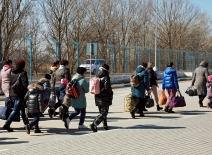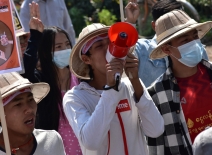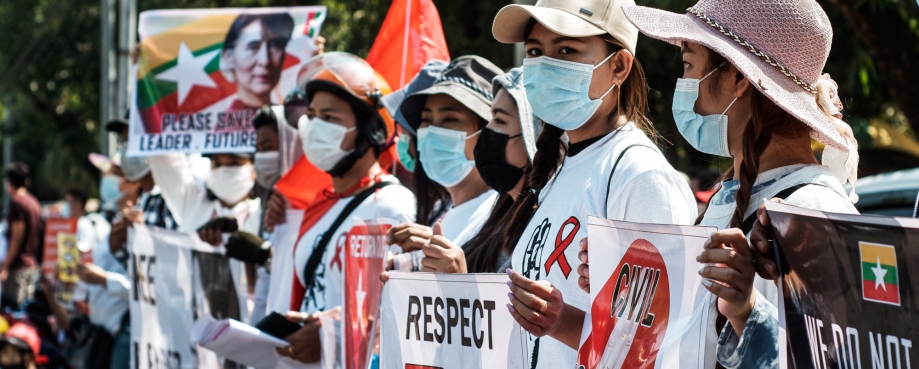
In recent years those of us working at the intersection of business and human rights have faced unprecedented challenges, with a global pandemic, geopolitical instability and extreme weather events typifying daily headlines. Putin’s invasion of Ukraine has only added pressure to this perfect storm; exacerbating global economic crises and inequality; and pushing the number of people forcibly displaced to over 100 million globally. 1% of world’s population.
Throughout this period, ETI has worked with NGOs, trade unions and businesses to coordinate collective action to mitigate against the risk to the human rights of workers within global supply chains. Using the ETI Base Code and UN Guiding Principles (UNGPs), we are responding to the coup in Myanmar, invasion of Ukraine, and economic crisis in Sri Lanka, leading stakeholders to follow the UNGPs and apply enhanced Human Rights Due Diligence (eHRDD) in these high-risk areas.
This blog series highlights the approaches we have taken, the challenges faced, and what we have learned, in order to improve our approach to reducing risk to workers in other Conflict-Affected or High-Risk Areas (CAHRA).
As the UNGP’s reached a 10-year milestone last year, the roadmap for the next decade was laid out to encourage ‘increased ambition and pace’ towards securing human rights for workers globally. With the number of CAHRA growing by the day, and the effects of extreme and growing inequality, food and fuel poverty yet to be entirely felt, we know that businesses approach to ethical trade and eHRDD has never been so important to the peace and stability of the world.
ETI’s recommendations on responsible business in the garment sector in Myanmar
Enhanced Human Rights Due Diligence is a necessity for all companies in the face of rising trends
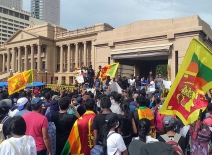
How can companies alleviate risks of sexual violence in conflict-affected supply chains?
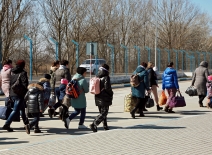
Five lessons learned from our collective response to the war in Ukraine
